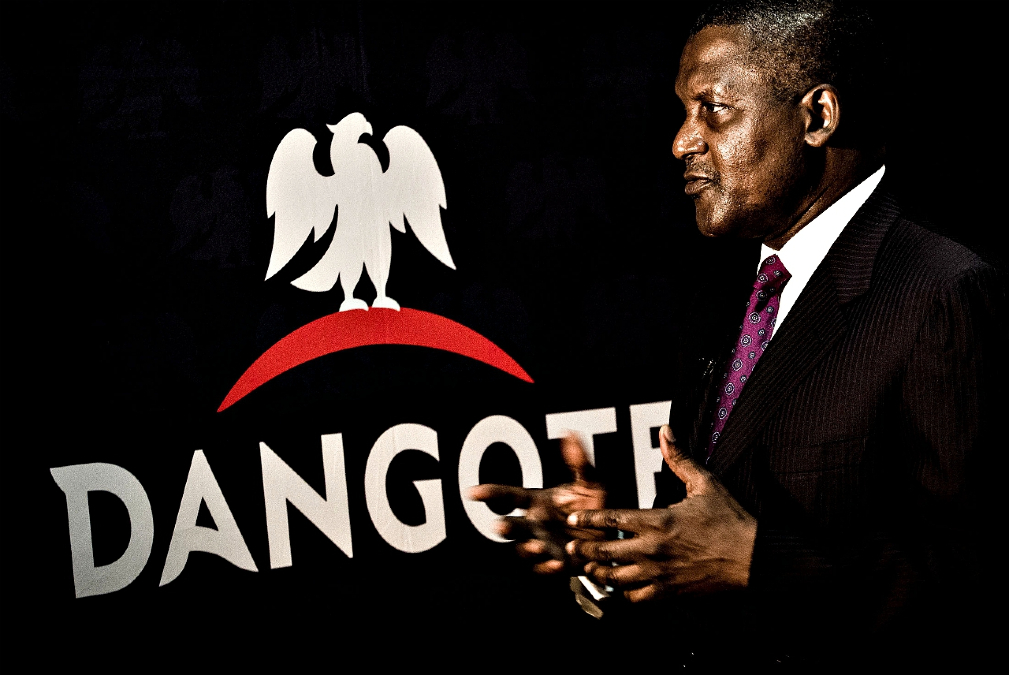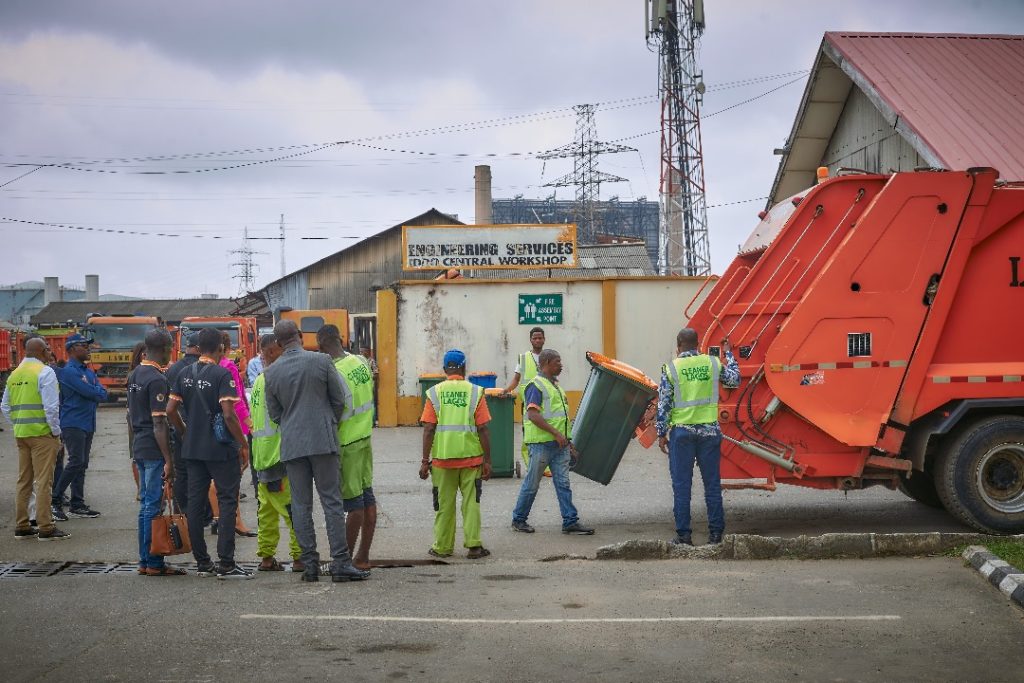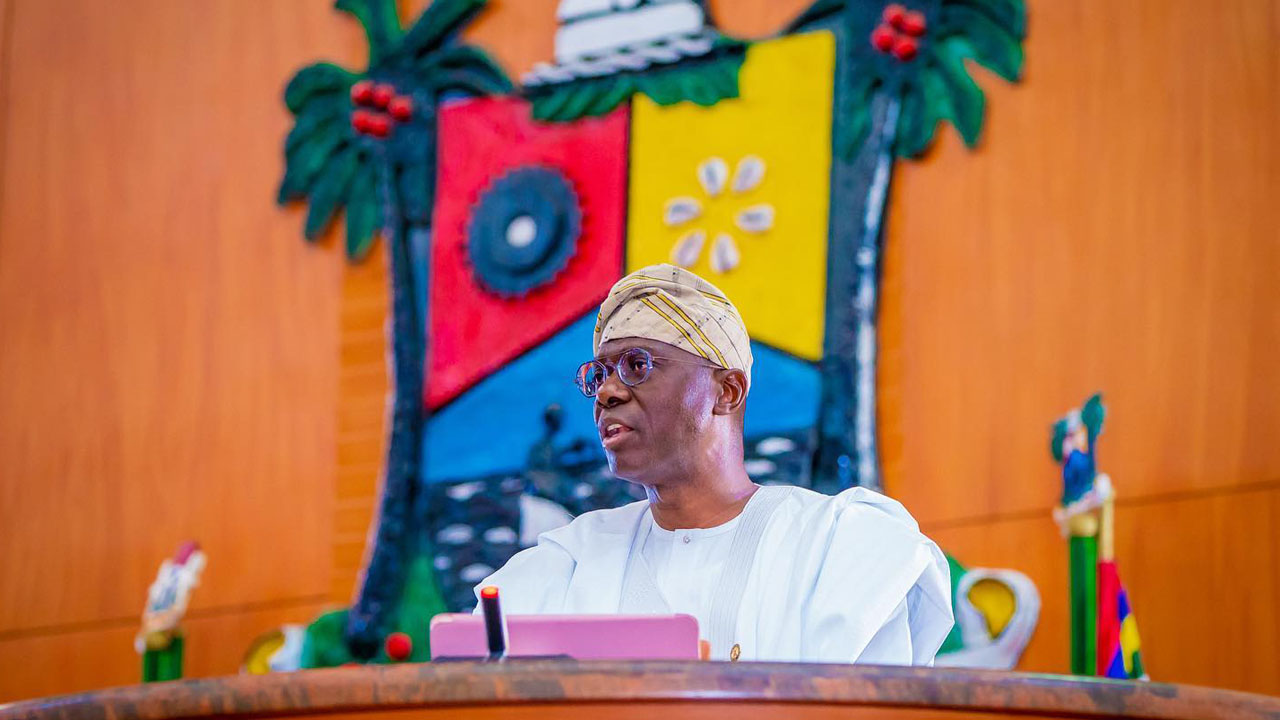
Nigerian Manufacturing Brands: A Deep Dive into Dangote Group’s Legacy, Structure, and Impact
Introduction
When considering influential manufacturing brands in Nigeria, the Dangote Group inevitably stands out. Founded by Nigerian billionaire Aliko Dangote, the Dangote Group has played a monumental role in transforming Nigeria’s economy and influencing the manufacturing landscape. Known for its extensive operations in commodities like cement, sugar, and salt, Dangote Group is a leading example of how African-based companies can thrive on the global stage.
This article delves deeply into the organizational structure, history, brand promise, and products of Dangote Group, illustrating how this Nigerian manufacturing giant has made a profound impact both domestically and internationally.
—
History and Origins of Dangote Group
The Dangote Group’s journey began in 1981, primarily as a small trading business in commodities like sugar, rice, salt, and flour. Aliko Dangote’s vision was not just to participate in Nigeria’s growing import market but to localize production, thus ensuring quality and affordability for Nigerians. Over the years, the Dangote Group expanded its operations into manufacturing, driven by the desire to reduce Nigeria’s dependency on imported goods.
Today, Dangote Group has diversified into several sectors including cement, food, agriculture, oil, and even telecommunications, symbolizing resilience and visionary entrepreneurship within Nigeria. By focusing on self-sufficiency and creating jobs for Nigerians, Dangote Group has not only contributed to the local economy but has also set a standard for excellence across Africa.
Organizational Structure of Dangote Group
As a large conglomerate, Dangote Group operates under a diversified corporate structure that ensures efficient decision-making and streamlined operations. The company’s organizational setup is divided into distinct sectors, with each department managed by a board of directors and overseen by Aliko Dangote himself, who serves as the President and Chief Executive Officer.
Each of these sectors is dedicated to a specific line of production, ensuring both accountability and specialization. For instance:
– Dangote Cement: One of Africa’s largest cement production divisions, this sector drives the core of the company’s revenue and has helped position Dangote Group as the largest cement producer in Africa.
– Dangote Sugar Refinery: This division is focused on producing high-quality refined sugar, addressing local demand, and reducing reliance on imports.
– Dangote Flour Mills: Specializing in flour production, this sector supports Nigeria’s food processing industry.
– Dangote Salt and Seasoning: Another critical division that plays a significant role in producing essential kitchen commodities.
Each sector operates semi-autonomously, which promotes agility and adaptability, essential qualities for operating in the dynamic Nigerian market.
—
Brand Promise and Mission
Dangote Group’s brand promise is straightforward: to bring affordable and high-quality products to Nigerian and African consumers while supporting local industries and reducing dependency on imported goods. By focusing on quality and self-sufficiency, the Dangote Group builds trust with Nigerian consumers who rely on the availability of basic necessities like cement, salt, and flour at competitive prices.
In line with this mission, the Dangote Group also emphasizes sustainable practices. Through initiatives like waste reduction and renewable energy investments, the company aims to balance profitability with environmental responsibility. For example, the Dangote Cement plant in Obajana is powered by natural gas and diesel, reducing the carbon footprint compared to traditional coal-powered plants.
Key Products and Their Economic Impact
The Dangote Group’s product portfolio spans several essential commodities. Each product not only represents a strategic business venture but also supports local job creation and economic empowerment.
1. Dangote Cement
– Overview: As the largest producer of cement in Africa, Dangote Cement has an annual production capacity exceeding 45 million metric tons. The brand supplies cement to Nigeria and many other African countries, addressing the high demand in rapidly urbanizing regions.
– Economic Impact: By producing locally, Dangote Cement has significantly lowered the cost of construction materials in Nigeria, making housing and infrastructure projects more affordable.
2. Dangote Sugar
– Overview: Dangote Sugar Refinery is one of the largest sugar operations in Africa. The refinery’s capacity of over 1.44 million metric tons per year makes it a staple provider in Nigeria.
– Economic Impact: Dangote Sugar’s operations have decreased the need for sugar imports, saving foreign exchange and helping to stabilize sugar prices within the Nigerian market.
3. Dangote Salt and Seasoning
– Overview: Through NASCON Allied Industries, the Dangote Group produces a range of essential kitchen products including salt and seasonings.
– Economic Impact: This sector’s operations contribute to food security and provide employment, particularly for women who play a significant role in local food processing.
4. Agricultural Ventures
– Overview: Recently, the Dangote Group has ventured into agriculture with a focus on rice milling and tomato processing. These initiatives aim to diversify Nigeria’s agricultural exports.
– Economic Impact: Dangote’s agricultural initiatives help reduce food import dependency and improve Nigeria’s food sovereignty.
5. Dangote Refinery and Petrochemical Complex
– Overview: Located in Lagos, this refinery is poised to be one of the largest single-train refineries globally, with the capacity to process 650,000 barrels of oil per day.
– Economic Impact: Once operational, the refinery will greatly reduce Nigeria’s dependency on imported refined petroleum products, saving billions in foreign exchange.
—
Social Responsibility and Contributions
In addition to its commercial ventures, Dangote Group is heavily invested in social responsibility initiatives. The Aliko Dangote Foundation is one of the largest philanthropic efforts in Africa, addressing health, education, and economic empowerment. The foundation has invested millions in supporting health campaigns against malaria, polio, and COVID-19.
Furthermore, the foundation provides scholarships and entrepreneurial training to Nigerian youth, aiming to empower future generations and promote sustainable development across the continent.
Challenges and Future Prospects
Despite its successes, the Dangote Group has faced challenges such as fluctuating economic policies, exchange rate volatility, and regulatory hurdles. Nonetheless, the company’s robust organizational structure and strong brand promise have enabled it to navigate these obstacles effectively.
Looking ahead, the Dangote Group is focused on expanding its reach within Africa. With the upcoming Dangote Refinery and increasing agricultural investments, the conglomerate aims to continue leading Nigeria’s industrial and economic transformation.
—
Conclusion
The Dangote Group represents a model of successful industrialization and corporate responsibility in Africa. By focusing on local production, employment generation, and economic empowerment, Dangote Group has set the pace for what African-based manufacturing brands can achieve. Through its diversified structure, commitment to sustainability, and dedication to social impact, Dangote Group has not only revolutionized Nigerian manufacturing but has also established itself as a brand synonymous with quality and self-reliance across Africa.





